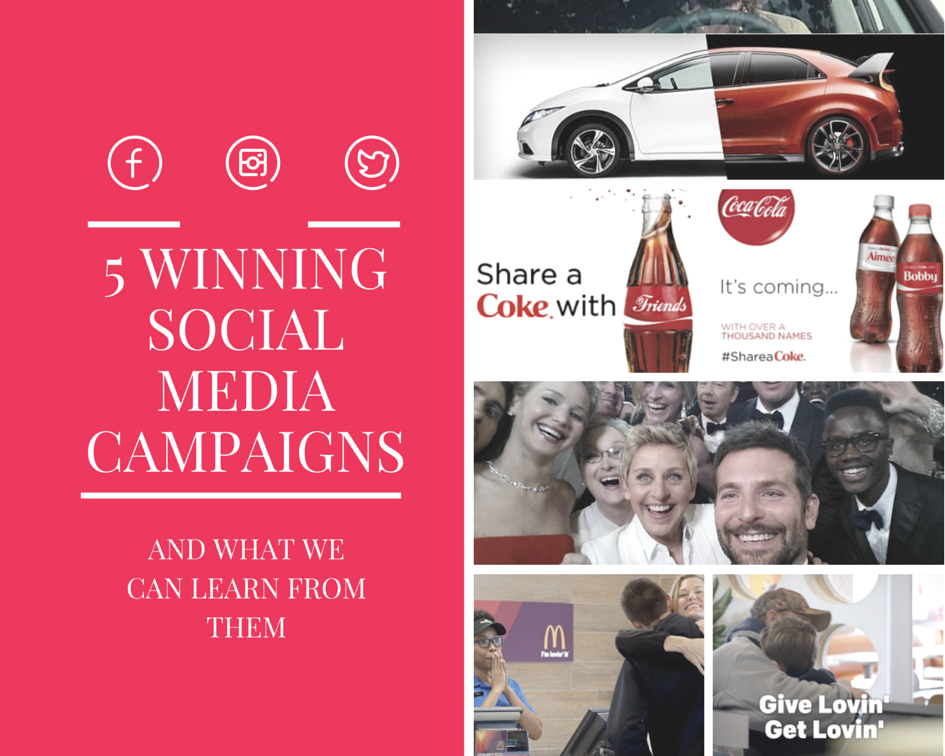All too often in the world of PR and communications, we get so consumed by the idea of putting out the right message, that we forget that the story itself is just as important as the actual points we’re trying to make. After all, brand loyalty is largely earned through an interesting, relatable and entertaining narrative. Despite all the technology that is constantly coming to market and the bevy of platforms available to us, humans will always be story driven. The art of storytelling is a part of our collective human history and as long as humans are around, this will always remain important. With that in mind, here are five tips to keep in mind when telling your brand’s story:
Be Relatable
There’s nothing worse than reading a story that fails to connect with you. When this happens, the “story” becomes just an assortment of words and the capacity for a message to be successfully transmitted flies out the window. Think about it, you’ve most likely never read something to completion that didn’t have at least one thing you could relate to. Even in academic writing, if at some point nothing sparks your interest, your ability to absorb any knowledge from the text becomes diminished. It’s why this type of literature relies so heavily on anecdote. They are simply trying to make that crucial connection with you. So for this reason, you should always strive to make your story relatable. Appeal to those moments that are culturally universal, to themes that everyone can understand, and to conversational tones that you all share. All it takes are a few small moments of connection with your reader to make sure that they remain engaged.
Be Dramatic
And this is meant in the most technical way possible. Before setting out to tell your story, spend some time learning about the themes, patterns and archetypes that have made for great stories. Although there are thousands of tales out there, they tend to follow arcs that have worked for other writers in the past. The most famous of these is the hero’s journey, which was the topic of Joseph Campbell’s book, “The Hero With a Thousand Faces.” In his book, Campbell explains that throughout mythology heroes have always embarked on the same trajectory. At its most basic, this involves the call to action, facing some sort of struggle, becoming lost on the way back home, and finally finding atonement. Although you probably won’t be tasked with creating an epic when writing for a brand, you can definitely use some of these widely accepted storytelling devices to make a better narrative.
Mind your Platform
Although storytelling will always be important, the constant emergence of new platforms means that brand writers will need to develop tactics for each one. The way you engage with audiences on Facebook, for example, is totally different than the way you would do so on Snapchat or Instagram. What this means is that in order to tell your story in the most engaging way possible, you need to understand your vehicle, including the details of how it operates and the demographic makeup of the people who use it most. Knowing all of this will make it easier to target your message and it will allow you to modify your stories to best fit that medium.
Make it Personal
If you think that this is the same as being relatable, you’re almost right, but there are a few distinctions. Being relatable means that you capture moments that are culturally relevant, meaning that even though the reader may have never lived through that moment, it’s still engrained into his/her psyche by virtue of where and when they are living. When you’re making your story personal, however, you are appealing to actual shared experiences. When you have a conversation with old friends, for example, part of what you’re doing is recollecting moments that you were both in. When you laugh at inside joke, you are able to do so because you were able to experience that moment and can draw on the memory of it. This is what making it personal means. Making it personal means incorporating the little details of a time and a place that bring you closer to your reader and allow you to connect on a deeper level.
Be the Hero of Your Story
Once you are able to bring dramatic elements into your story, to establish tension, climax and resolution, make sure to position yourself as the hero of your story. After all, no one wants to buy from a brand that they consider to be evil. No matter what your brand is, the products you make, or the reputation that you’ve had in the past, always work to position yourself as the protagonist. Create a problem early on, and make sure that by the end of the story you become the solution. That way, once it’s all said and done, you come out looking like the good guy.














